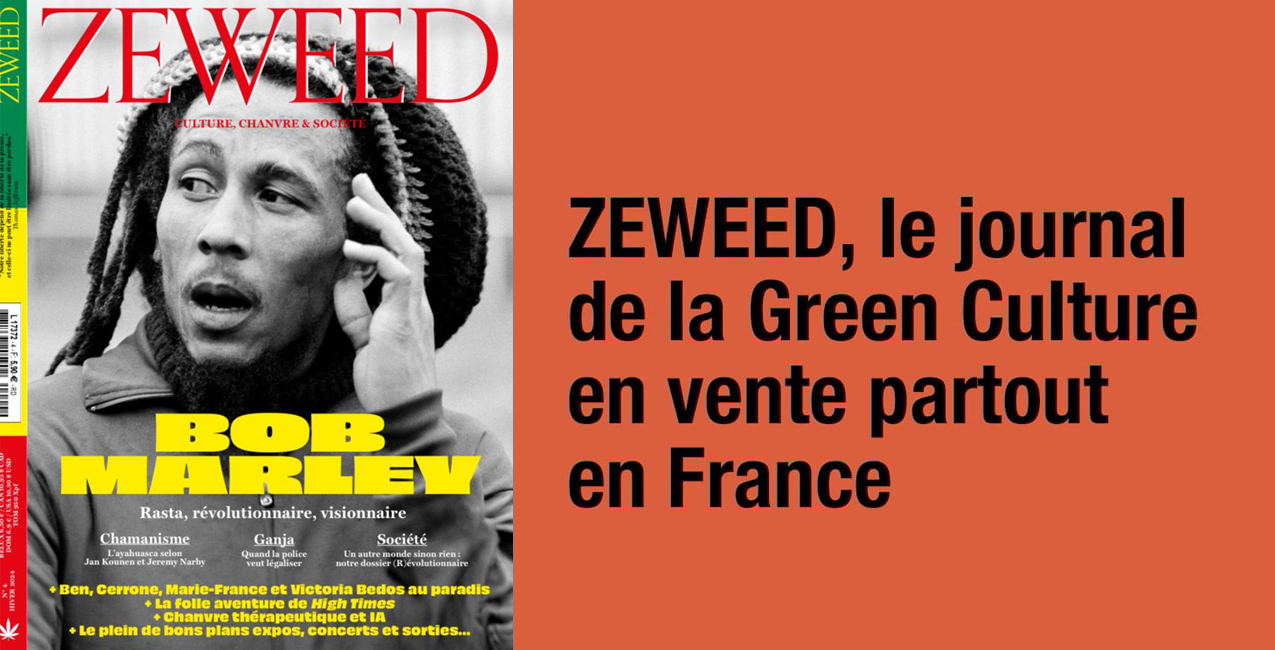Ariel, our correspondent for Lebanon, has divided his most recent adventure in the lands of Beirut into three different papers. Here is the second episode of the Tripoli Express.
After being stopped and handcuffed at the checkpoint on the motorway, Antoine, Karim and I were walking in single file, escorted by four soldiers, towards a large black pick-up. Hands cuffed, I struggled to crawl into the back of the pick-up. A soldier screamed at me to hurry, I fell forward onto the floor of the trunk, and at that precise moment, I asked myself how such a small quantity of hash could have led me to this situation. Since our phones had been confiscated and switched off during the arrest, and even our watches had been seized, we no longer had any notion of time. It was pitch black and freezing, we were shaking in our t-shirts and the soldiers had refused that we take our coats, lined up on little benches, while the pick-up sped down the motorway. Karim seemed to be conversing and negotiating with one of the soldiers. Antoine translated for me: the soldier said he regretted the situation, that the laws of the country are made this way and that the government wasn’t doing anything to change them. That, if it was just up to him, he would have gladly received a gift or bribe from Karim’s parents, but there were cameras everywhere in the place they were going, it was too risky for him. I asked where we were going, and one of the soldiers coldly answered: ‘to Baalbek’. Baalbek is the large city which is closest to the Syrian border and a region that was currently under the control of Hezbollah. My face must have quickly turned pale at that point, since the soldier started laughing out loud. “Of course not, we’re going to Tripoli”. Was this supposed to be reassuring?
The pick-up stopped in the Batroun police station, on the way between Beirut and Tripoli. They made Karim ‘the guilty one’ get out first, Antoine and I waited and became more and more confused in the trunk. Suddenly, a sweaty forehead appeared in the opening of the trunk door and asked who the French person in the car was. I then explained that I was in Lebanon as a cultural journalist. I was ready to get out of the pick-up and be taken home by this man, but actually, it seemed that he had only come to tell me: ‘Ah, culture… Hash is great for culture, right?’, and then he left. Karim got back into the pick-up, in silence, and the engine started again, Tripoli-bound. Freezing, tired, anxious, my friends and I didn’t have anything left to say, we didn’t understand anything anymore, we had to wait and submit.
At night, Tripoli is deserted, silent.
I tried to figure out where we were in the city, trying in vain to recognise places I already knew. The pick-up parked in front of a tatty concrete building-block. The soldiers passed us on to some men that were wearing leather vests and ripped jeans. They escorted us inside this place which only looked like it might be a police station. Jokes in Arabic aimed at me, menacing stares, abrupt words and gestures had already become the norm, of course. They separated us in order to start a series of procedure. First, a man painted my name in red on a piece of cardboard, in the Arabic alphabet, and put it between my hands. He took mug shots, from the side and front on. Then they sat me down in an office, in front of another man who was writing without paying attention to me. Suddenly, he addressed me in perfect French, and the interrogation started. Other than the obvious questions, he asked my what my religion was, the frequency of my sexual encounters, my drug consumption habits, and if I liked Lebanon. I made myself small and obedient, and asked if I could call my embassy. A question I kept repeating throughout the night about a dozen times, getting the same answer each time ‘fifteen minutes’. In the time being, I was pushed into a cell. Behind the barriers, I could see the terrified faces of both my friends. A young guy opened the door, pushed me inside, and as he closed the door, he looked at me smiling and said ‘Welcome to Lebanon’. Feeling totally done for, I started to scream with my hands gripped to the bars, saying I had the right to speak to my embassy. I was answered with a bellowing cry, which my friends translated, to shut the hell up.
It was time to accept that this cell was going to be my room for the night. Against the humid and grainy floor, dozens of men and adolescents, laid down. We timidly took our places next to them, and they kindly gave us big blankets. The hour was not one of hygiene. The Turkish toilets were less than a metre from my head. Engulfing myself under the blanket, I saw a sticker entitled ‘High Commission of the United Nations for Refugees’. What a journey this blanket had gone on! Curled up in a corner of the cell, I was in a secondary state of total uncertainty. Again, we needed to stick to the simple things: sleep. The jailor was watching television all night, a light in the cell stayed on all night too, right above our heads. At a certain point in time, a plastic bag full of bread was thrown between the barriers and fell straight on my head. I opened my eyes in shock: it was true, I was still stuck in a prison cell in Tripoli.
Ariel











